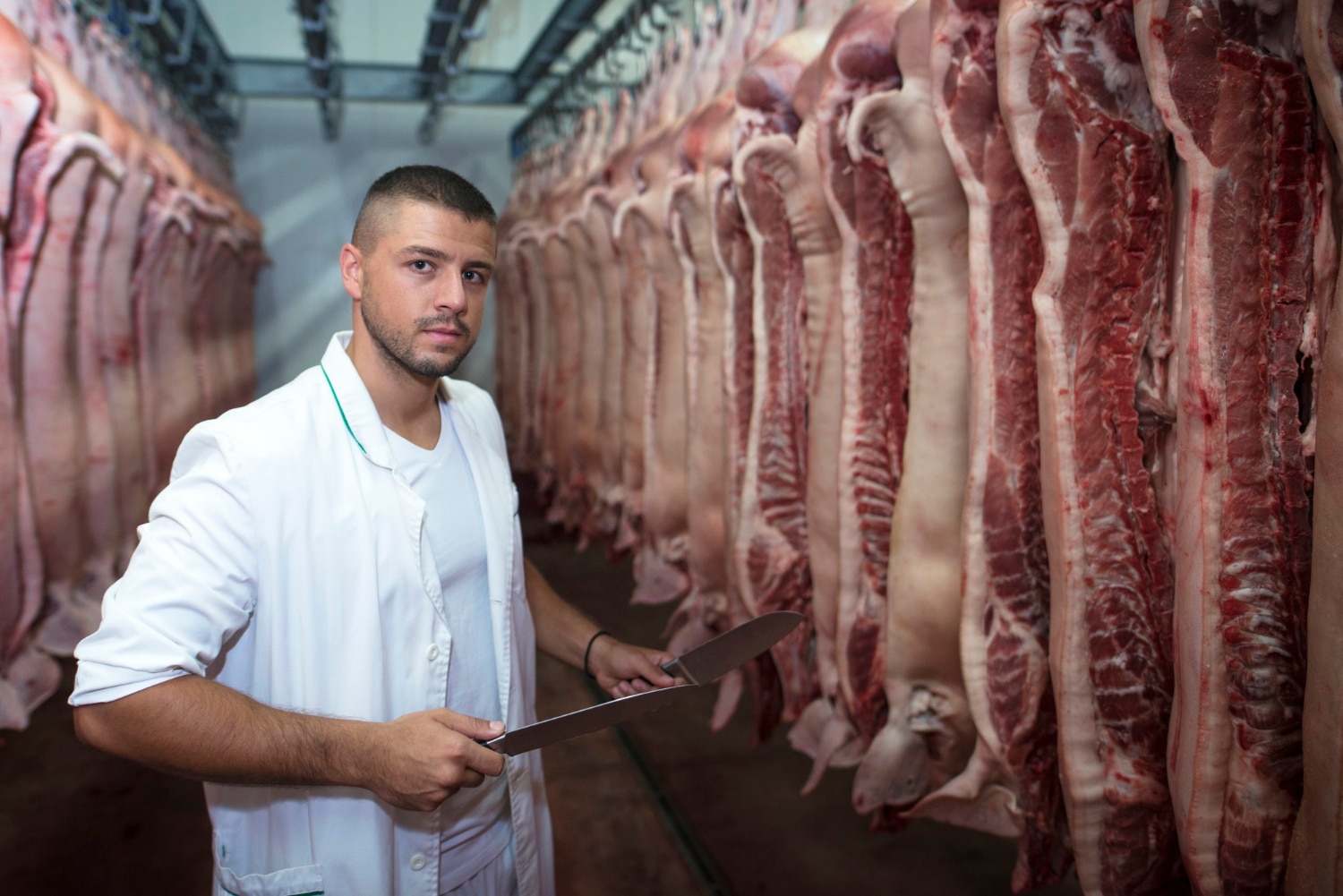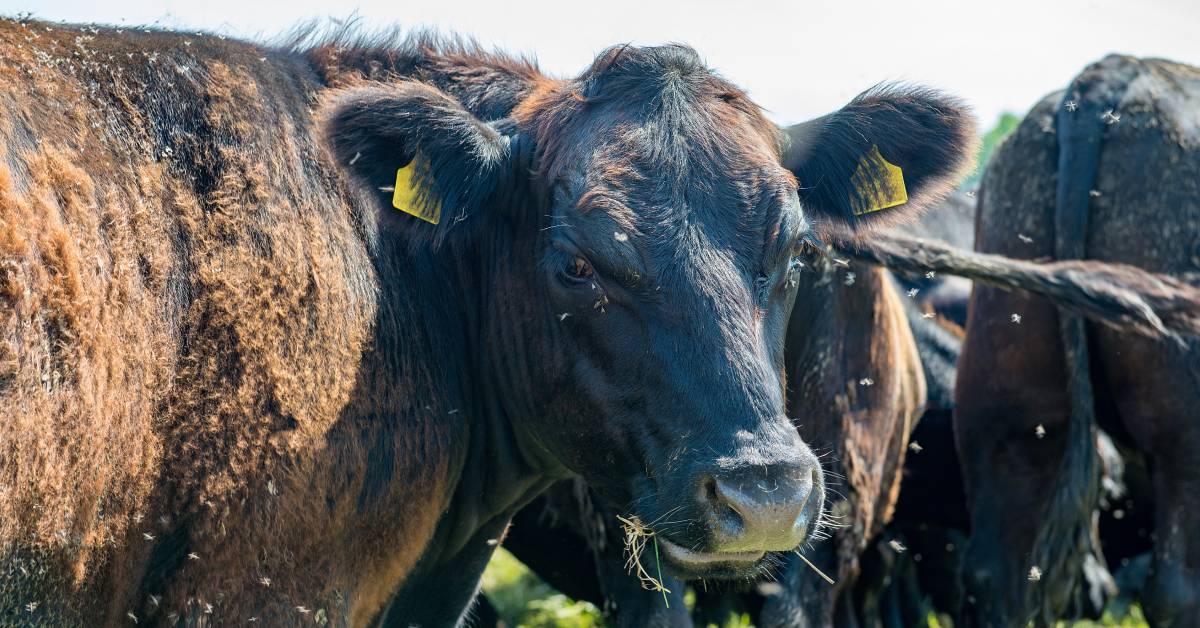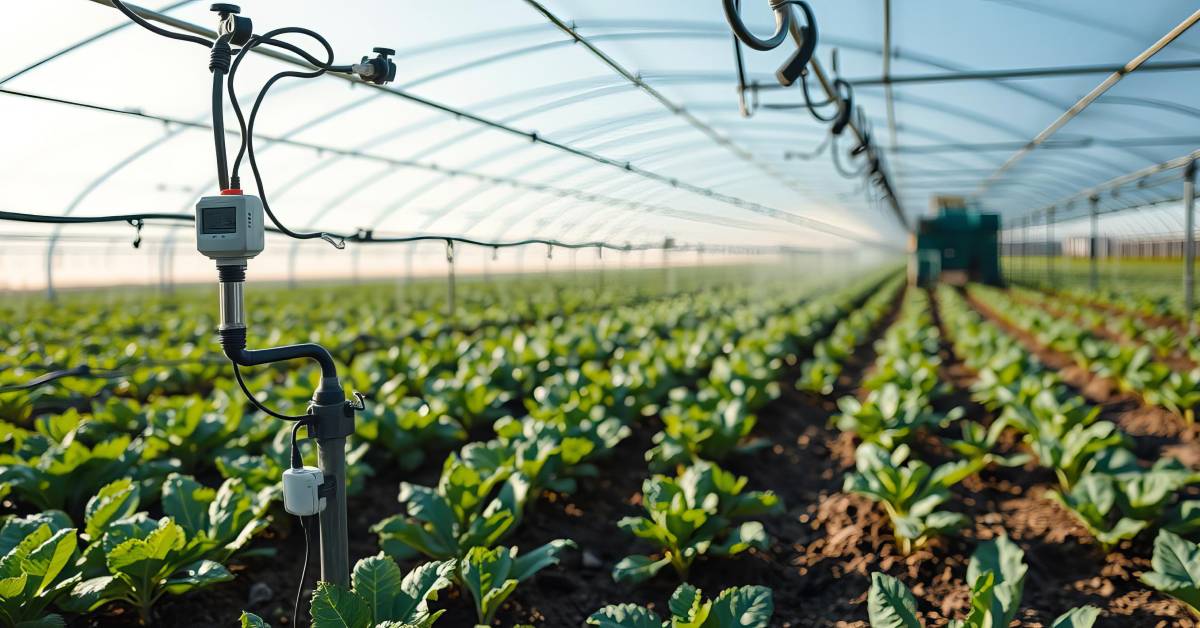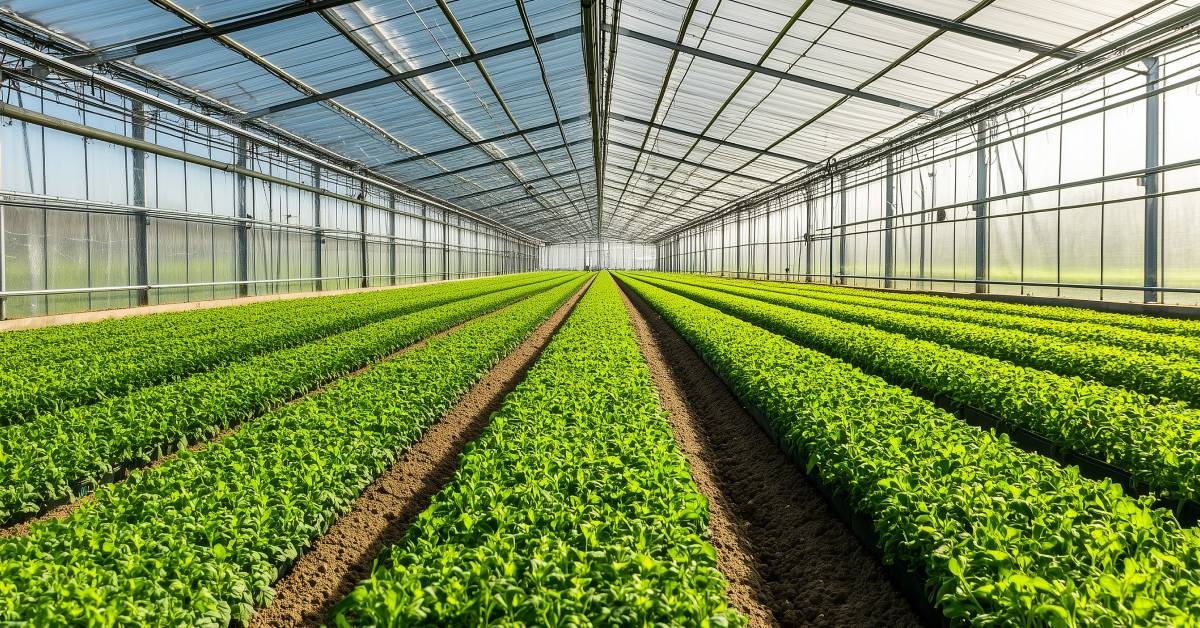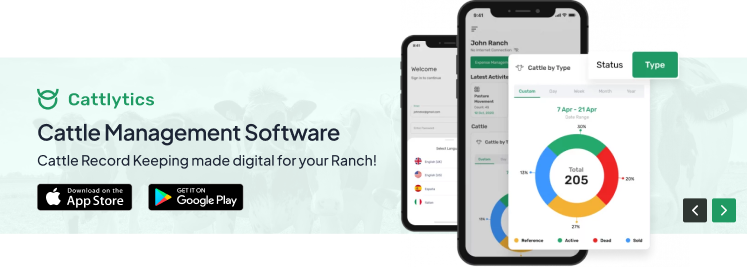Introduction
Beef Quality Assurance (BQA) plays an essential role in the meat industry by upholding rigorous standards and protocols that ensure the production of safe, high-quality beef.
With consumers increasingly demanding transparency and excellence in their food choices, Beef Quality Assurance is the cornerstone of beef quality management.
Implementing best practices in meat production is imperative to guarantee top-notch beef quality. By adhering to quality assurance guidelines, meat producers can establish consistency in beef safety protocols, beef handling practices, and haccp plan for meat processing quality control. These practices enhance the final product’s taste and texture and maintain the industry’s credibility.
BQA encompasses beef industry standards, grading, and classification from the farm to the table. It involves meticulous attention to detail at every stage of the meat supply chain, ensuring that beef safety certifications are achieved. These certifications reflect the commitment to producing safe food and help build consumer trust.
In a competitive market, where discerning customers seek superior products, beef producers must prioritize the implementation of Beef Quality Assurance. Doing so safeguards public health and sustains the meat industry’s growth by delivering consistent, top-quality beef products.
Understanding Beef Quality Assurance
Beef Quality Assurance (BQA) is a comprehensive program that ensures the production of safe and high-quality beef products. It encompasses a range of practices and protocols to maintain the highest standards throughout the meat supply chain. BQA plays a crucial role in safeguarding public health and building consumer trust.
Within the BQA framework, important elements that affect beef quality are carefully addressed. A vital consideration is animal health because meat from healthy animals is safe. Producers can guarantee the welfare of the livestock by following beef safety protocols and best practices, such as correct nutrition and illness control.
Another crucial element is using effective beef handling techniques.
Stress-free handling lowers the possibility of injuries and guarantees that the flesh of the animals will remain soft and of the highest caliber. Additionally, BQA focuses on effective quality control of the meat processing chain, from slaughter to packaging, reducing contamination and maintaining product integrity.
Beef grading and classification are integral components of BQA. This process not only enables uniformity in labeling but also enables consumers to make informed choices based on their preferences.
Adherence to beef industry standards and quality assurance guidelines is essential to achieving consistent excellence throughout these stages.
Best Practices of Beef Quality Assurance for Meat Producers
Delivering top-quality beef involves a harmonious blend of meticulous practices, starting with proper animal care. Regular veterinary attention, disease prevention measures, and stress reduction techniques are indispensable. Healthy animals lead to healthier meat.
Nutrition stands as a cornerstone of beef quality. Collaborate with experts to formulate balanced diets that enhance growth, marbling, and flavor. Optimal nutrition directly influences meat tenderness and taste, meeting consumer expectations.
Effective management practices play a pivotal role. Providing adequate living space, reducing overcrowding, and ensuring comfortable housing minimize stress and promote animal well-being.
Appropriate handling methods during transportation and other processes must be considered. Calm handling limits stress-related hormonal changes and potential meat quality deterioration.
Hygiene and sanitation wrap up these practices. Clean environments prevent disease spread, maintaining both animal health and meat quality. The trifecta of proper animal care, optimal nutrition, and effective management practices is the key to a successful beef production journey, culminating in premium-quality beef products that satisfy consumer demands for excellence.
Quality Control in Meat Processing Plants
Meat processing facilities are essential from farm to table and greatly impact the final quality of beef products. These facilities are the hub for transforming raw beef into reliable, tasty, and safe consumer products.
Quality Control Measures and Processes Implemented in Processing Plants:’
1. Inspection and Grading:
Beef is thoroughly inspected for quality, safety, and compliance with industry requirements when it arrives at processing plants. Grading methods assess the meat’s quality and prospective applications by considering elements like marbling and meat color.
2. Temperature and Hygiene Management:
Strict temperature controls are maintained throughout processing to prevent bacterial growth and spoilage. Stringent hygiene practices ensure biological contamination is minimized, preserving the integrity of the beef.
3. Cutting and Packaging:
Precision cutting techniques ensure uniformity in portion sizes and presentation. Proper packaging, including vacuum sealing, safeguards freshness, flavor, and shelf life.
4. Traceability and record-keeping:
Modern processing facilities use sophisticated tracking systems to identify the source of beef products, enabling prompt recalls in case of a problem.
5. Testing and Monitoring:
Regular testing for pathogens and other contaminants is conducted to ensure consumer safety. Continuous monitoring at different stages guarantees adherence to quality standards.
Maintaining Beef Quality during Transportation and Storage
Maintaining beef quality extends beyond production to transportation and storage, which are crucial phases in the meat supply chain. Adhering to Beef Quality Assurance and safety protocols ensures that the product’s integrity is upheld throughout its journey.
Tips for Temperature Control and Contamination Prevention:
1. Temperature Control:
Maintain consistent temperature levels during transportation and storage to inhibit bacterial growth. Cold storage facilities should be set at appropriate temperatures to prevent spoilage and preserve freshness.
2. Proper Packaging:
Use vacuum-sealed and airtight packaging to prevent exposure to air and contaminants. This safeguards the beef’s texture, flavor, and overall quality.
3. Hygiene Practices:
Ensure that vehicles and storage areas are regularly cleaned and sanitized to prevent cross-contamination. Proper handling and storage of beef can prevent potential food safety hazards.
4. Traceability:
Employ tracking systems to monitor and trace the beef’s journey. This assists in identifying any potential issues and ensures accountability throughout the supply chain.
5. Compliance with Standards:
Following beef industry standards and regulations during transportation and storage, maintaining the highest quality and safety levels.
Beef Quality Grading Systems
Systems for evaluating the grades of meat evaluate characteristics including marbling, tenderness, and color and offer a consistent classification for various beef cuts.
The USDA grading system is one example of a system that helps producers understand the market value of their goods and enhance production methods. Grading systems provide consumers with a useful tool to make educated decisions based on tastes, whether looking for lean cuts or tender, well-marbled steaks.
Grading ensures openness and uniformity, bringing producer efforts to meet customer expectations and eventually improving the beef experience.
Implementing Beef Quality Assurance Programs
A solid Beef Quality Assurance (BQA) program is necessary to guarantee excellent beef products and foster customer trust. Start by thoroughly comprehending the standards, practices, and best practices of the company. Establish a detailed plan for
- handling
- feeding
- processing,
- animal care
To guarantee staff adherence to BQA principles, consistent training, and communication are essential. It is crucial to closely monitor production practices, animal health, and facility hygiene. Continuous food safety audits point out areas that need improvement.
To make wise decisions and identify patterns, collect and evaluate data. Engage sector experts to remain up to date. Keep in mind that progress is essential. Update your BQA program frequently to account for market developments and consumer requests.
You may build a BQA program that ensures outstanding beef quality and fosters a reputation of industry excellence through vigilant monitoring, employee education, and adaptable techniques.
FoodTech: Empowering Meat Processing Plants with Superior Beef Quality Assurance
Revolutionizing Beef Quality Assurance: Transformative Impact of EcoDocs in Meat Processing Plants
FoodTech, a modern food safety software solution by Folio3, revolutionizes Beef Quality Assurance in meat processing plants. By digitizing and automating documentation processes, EcoDocs ensures real-time data collection and analysis.
This technology integrates seamlessly with existing systems, streamlining operations and enhancing efficiency.
EcoDocs seamlessly tracks quality control measures, temperature monitoring, and hygiene protocols, boosting USDA compliance with beef safety standards. EcoDocs empowers meat processing plants with data-driven insights, quickly identifying issues for prompt resolution.
This innovative solution optimizes processes and elevates transparency and accountability across the supply chain. By leveraging EcoDocs, meat processing plants can ensure top-notch quality while embracing sustainability and technological advancement.
EcoDocs: Elevating Meat Processing Excellence with Seamless Quality Assurance and Unmatched Efficiency
Meeting strict USDA facility requirements, simplifying quality assurance procedures, and guaranteeing regulatory compliance has never been more important than in today’s dynamic cattle production environment. Enter EcoDocs, a revolutionary Folio3 product created to take meat processing facilities to new levels of excellence.
To achieve Beef Quality Assurance, improve beef safety practices, and uphold strict industry requirements, EcoDocs plays an important parts. Managing critical control points (CCPs) in the system ensures that quality standards are met from the meat source until packaging.
One of EcoDocs’ standout functionalities is its robust audit management software, which enables seamless compliance verification with industry regulations, such as USDA standards for selling meat. By aligning with beef grading and classification requirements effortlessly, EcoDocs supports meat processing plants in consistently delivering high-quality products that meet consumer expectations.
The impact of EcoDocs is seen throughout the whole meat supply chain, transforming the way quality management is done.
EcoDocs is a game-changer, providing meat processing plants with a comprehensive toolkit to not only achieve excellence in beef quality but also guarantee that each step in the production process is a testament to industry standards and safety guidelines, as can be seen from Folio3’s expertise in agtech solutions.
Conclusion
The blog underscores the paramount significance of Beef Quality Assurance (BQA) in the meat industry, from producers to processing plants. Emphasizing the necessity of adhering to best practices, it highlights the pivotal role BQA plays in ensuring safe and high-quality beef products.
Central to this narrative is acknowledging solutions like EcoDocs, a game-changing tool by Folio3. Its capacity to streamline processes, facilitate record-keeping, and manage critical control points underscores the value it brings to the table.
The blog reinforces that by incorporating such solutions, producers and processing plants can uphold the highest beef quality standards while adhering to industry guidelines.
Ultimately, synthesizing rigorous BQA practices with innovative solutions like EcoDocs establishes a comprehensive approach to beef quality and food safety practices. In doing so, it guarantees consumer satisfaction and secures the reputation of meat producers and processing plants in an industry where excellence is non-negotiable.
FAQs
Why is Beef Quality Assurance crucial for meat producers?
For meat producers, beef quality assurance is essential because it guarantees the creation of safe, superior beef products that live up to consumer expectations.
Producers may maintain animal health, correct handling, and processing standards while adopting stringent protocols and best practices. This produces meat with improved texture, quality, and safety.
BQA protects public health and improves consumer confidence and producers’ standing in a cutthroat sector, promoting the meat industry’s continued expansion and prosperity.
How does proper animal care contribute to beef quality?
Proper animal care directly influences beef quality by maintaining animal health, reducing stress, and preventing injuries. Healthy animals yield meat with optimal tenderness, flavor, and marbling.
Adequate nutrition and disease prevention practices enhance growth and muscle development, resulting in a superior end product. Ultimately, meticulous animal care ensures that the beef produced is of the highest quality, meeting consumer expectations and industry standards.
What are the key factors affecting beef quality during processing?
Temperature regulation, upkeep of hygienic standards, correct handling, and exact cutting methods are important elements determining beef quality during processing. While strict cleanliness procedures prevent food contamination, maintaining constant temperatures inhibits bacterial growth and deterioration.
Stress-related alterations in meat texture and flavor are minimized by gentle handling. Cutting with precision ensures presentation and regularity.
Furthermore, it is essential to follow Beef Quality Assurance methods, industry standards, and routine food safety inspections checklist to maintain beef quality throughout processing and provide consumers with safe, delicious, and high-quality products.
Can Beef Quality Assurance programs be customized for different production scales?
Beef Quality Assurance programs can be customized to suit various production scales. Whether it’s a small family farm data management or a large commercial operation, the principles of Beef Quality Assurance can be tailored to fit each scale’s specific needs and resources.
This adaptability ensures that all producers, regardless of their production size, can implement effective quality assurance practices to deliver safe, high-quality beef products while meeting industry standards and consumer demands.

